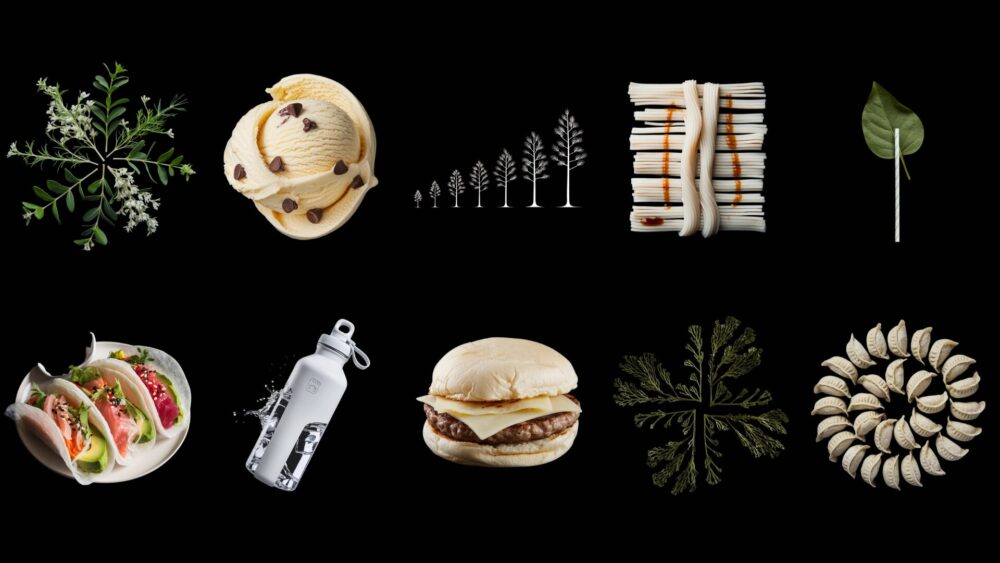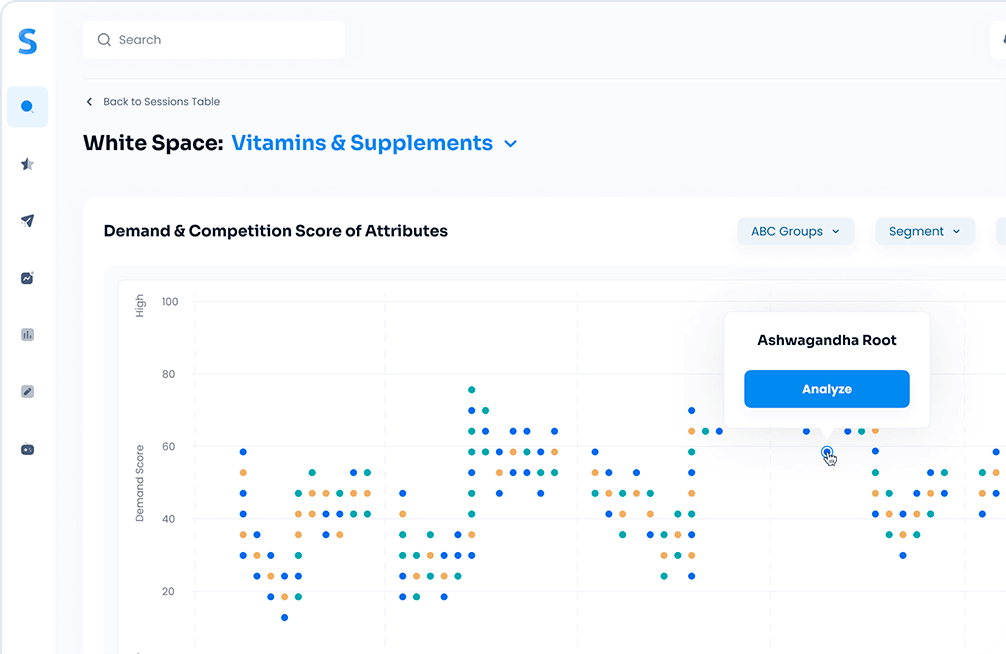As we head out of winter and into the first sunny months of the new year, Sun care and UVA/UVB protection will quickly jump to the center of consumer conversations. Is your brand on top of what consumers will be looking for and talking about when it comes to protecting their skin from sun exposure?
We recently predicted Sun care trending ingredients for 2022 (click here to read more), highlighting that roughly 90 percent of skin cancers are caused by sun exposure. Sun care and UVA/UVB protection should be a critical component of anyone’s skincare routine, regardless of age, gender, or race. So, we used our White Space AI tool to analyze 224 luxury sun care ingredients to forecast trends in 2022.
Data deep dive
The graphic below breaks down eight luxury sun care ingredients we believe possess the highest potential for growth in 2022. Sun Care ingredient opportunity scores are determined by looking at both share of voice (a leading indicator of market share) and year-over-year growth rate.
Rose Water

While Rose Water has been a popular ingredient for sun care and after sun care products, consumers won’t be as interested in this ingredient in 2022. With a negative 108.94 percent growth outlook, Rose Water has a tough road ahead in 2022 compared to the last year.
Consumer interest will shift towards Niacinimide, Hyaluronic Acid, and Pea Extract instead of products like this SPF 50 Sunscreen Rose Water Setting Spray from Ulta. Newcomer ingredients not often thought of as sun care additives will have significantly more runway for growth than tried and true ingredients like Rose Water.
Silicone

The team here at Simporter predicts a significant negative 104.97 percent growth potential for Silicone, which creates smooth textures and helps with water resistance. While the ingredient holds a 0.49 percent share of voice, it tends to clog pores and cause skin irritation. Plus, consumers are moving away from unnecessary synthetic ingredients like silicone. As a result, sunscreens like this one will struggle to remain competitive on the shelves next year.
Promoting this ingredient in your sun care products won’t be as impactful as highlighting that your products are Oil-Free. Make sure your brand focuses on the labels and terms that consumers will be most interested in in the new year.
Lichen Mushroom

Lichen Mushroom definitely surprised the Simporter team. However, Lichen Mushrooms are sometimes referred to as “natural sunblock” because of their antioxidant properties.
While unique, this ingredient won’t capture consumer interest as it may have in previous years. Consumers will be interested in ingredients with more apparent benefits that are, put simply, easier to grasp and understand. It’s fair to expect Lichen Mushrooms to decline 97.83 percent even with its modest 0.23 percent share of voice.
Cucumber
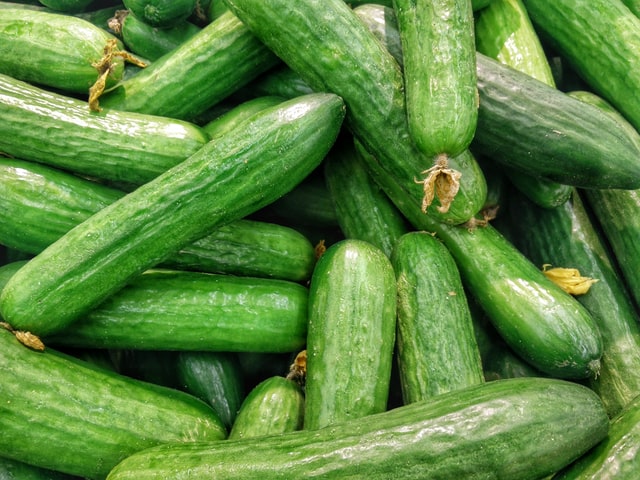
Cucumber is another one of those natural UV-fighting ingredients that provides sun protection and soothes the skin. Our AI models predict this ingredient — and products like this one from Coola — will experience negative 81.16 percent growth potential as consumers move to ingredients like Hyaluronic Acid, Rich Emollients, and Cedar Wood.
For more on predicted trending ingredients in sun care, read our blog here.
Green Tea

It looks like Green Tea holds a negative 72.83 projected growth rate for 2022. This ingredient, which captures a 0.28 percent share of voice, contains vitamin E and nourishes the skin. Products like this Green Tea SPF won’t be as competitive as consumers shift their focus to ingredients with more direct, proven benefits, like Hyaluronic Acid and Niacinimide.
Pear
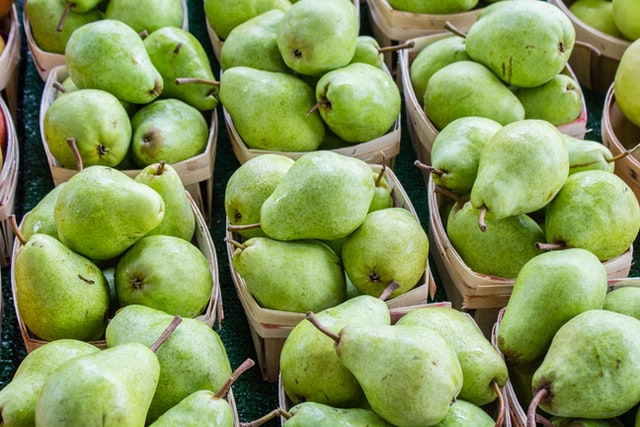
Just like its cousins Rose Water, Lichen Mushroom, and Cucumber, we’re seeing a general shift away from botanical-like ingredients. Therefore, it’s no surprise to see Pear on our list, which holds a negative 53.71 percent growth trajectory for 2022. Despite its sweet fragrance and appealing variety of benefits to consumers, such as keeping the skin glowing and soft, Pear won’t perform well in the Sun Care market.
Rice Extract
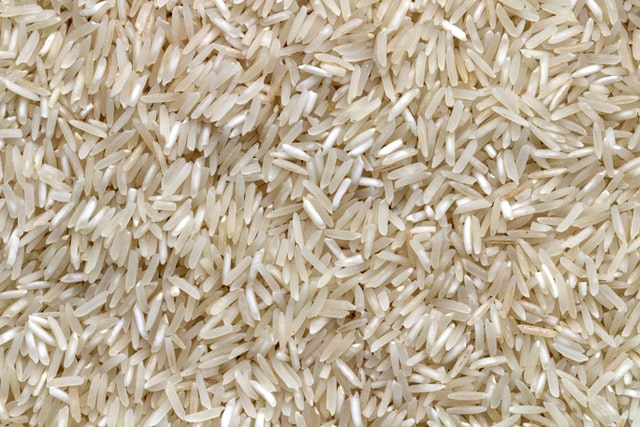
Rice Extract is an industry giant, holding a massive 12.45 percent share of voice. While this ingredient acts as a natural sunscreen by limiting inflammation and treating sunburns, it won’t be as popular in 2022 as in recent years. Our team predicts negative 28.26 percent year-over-year growth for this previously trending ingredient.
Rice Water isn’t going away anytime soon; it’s just that consumers won’t be as interested in it as they have previously been.
Retinol
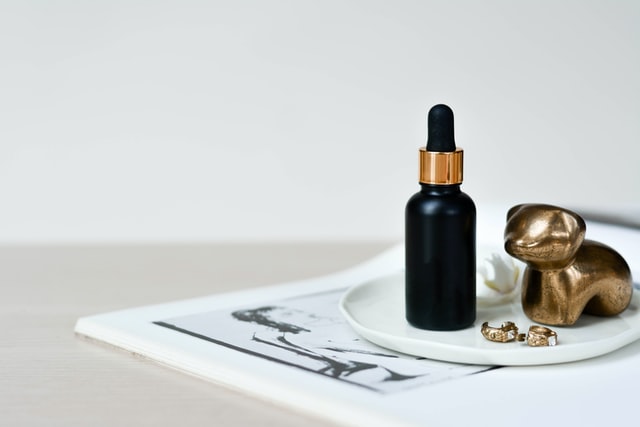
While Retinol has been a buzz-worthy ingredient in recent years, it doesn’t hold the same potential for growth in 2022 as it once had. Our team predicts a modest negative 17.06 percent growth potential for this ingredient despite its 2.78 percent share of voice. Products like this SkinMedica Retinol Complex may struggle to maintain market dominance.
Our recommendation for 2022
Botanicals or ingredients commonly found in a backyard won’t be as popular in 2022 as years prior. Above all else, consumers will prioritize Oil-Free and texture-friendly sun care products that protect the skin but don’t feel like a greasy second skin. Make sure your product development pipeline capitalizes on consumer trends and interest in 2022 while they’re hot.
For more insights on luxury cosmetics trends, check out our recent webinar here. If you’re ready to see Simporter AI in action and learn what it can do for you, request a demo on our website.

